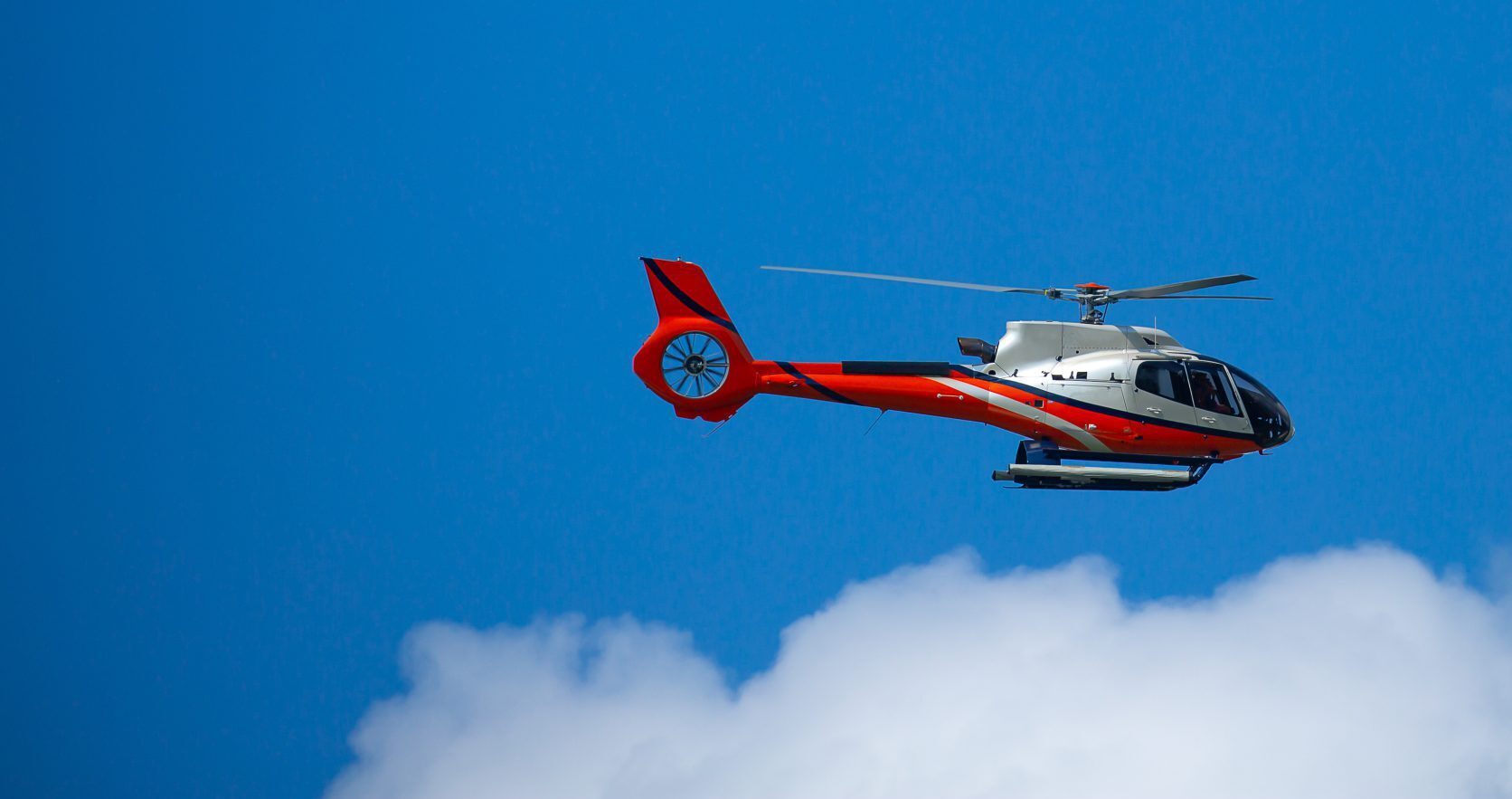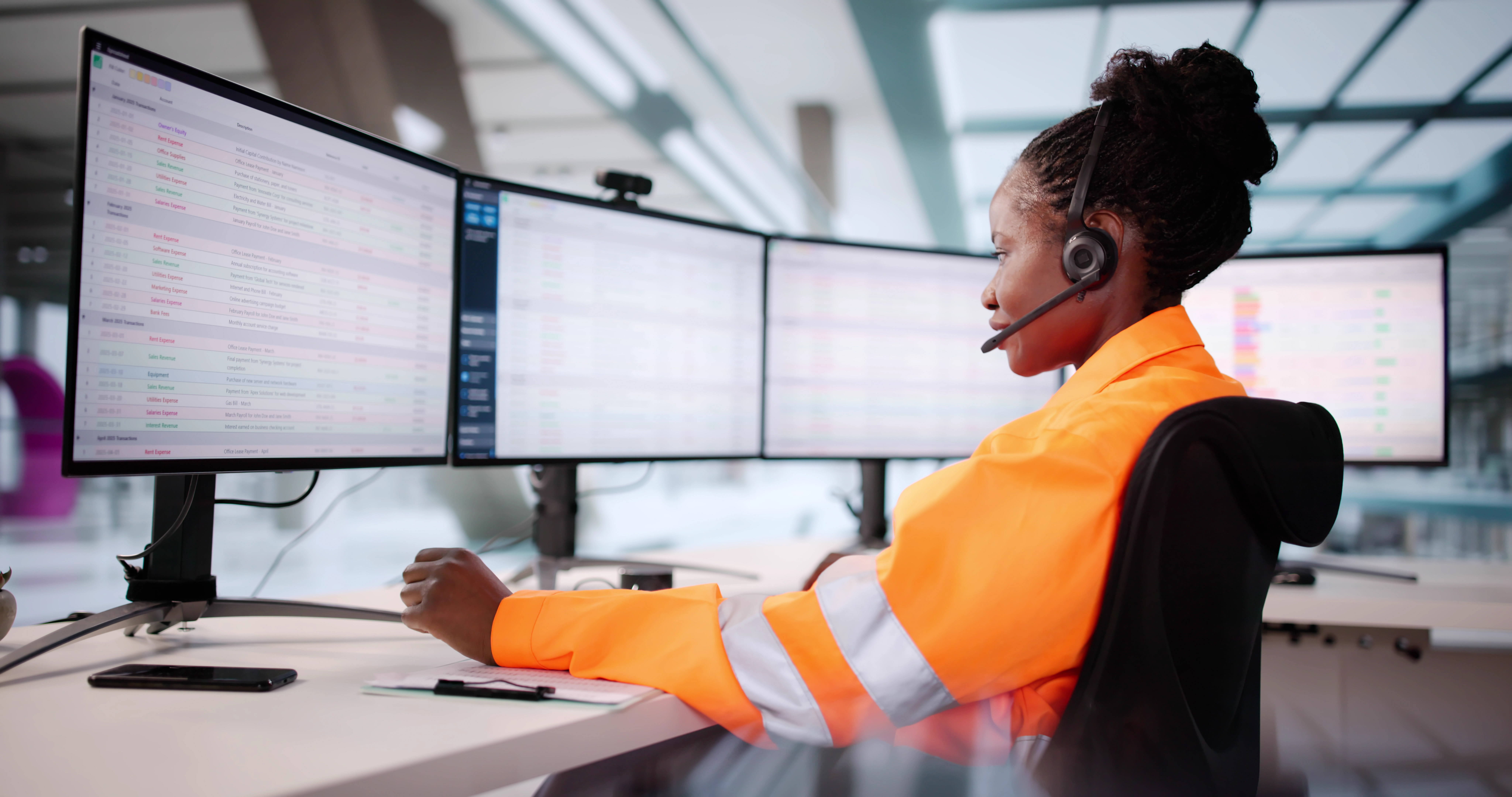Emergencies can be chaotic, and in the heat of the moment, it's easy to make assumptions. One common and potentially dangerous assumption is thinking that someone else has already called 911 for help. However, emergency preparedness training from Federal Emergency Management Agency (FEMA) suggests that calling 911 is an essential action for any emergency bystander - you are the help until help arrives.
That's why here at MASA, we've put together a guide to help members understand the dangers in delaying emergency care and how they can be a more effective emergency bystander.
Multiple notifications for a more accurate response
When emergency responders arrive at a scene, they rely heavily on information from callers to understand the severity of the situation, the location, and the number of people involved. If multiple people call 911 about the same emergency, it can actually be beneficial for a few reasons:
- Redundancy: Having several calls ensures that if one call is lost, disconnected, or delayed, the emergency is still reported. Redundancy increases the chances that help will arrive quickly and accurately.
- Faster response: If a dispatcher receives multiple calls for the same emergency, they can assess the urgency based on the volume of calls. More calls could indicate a more serious incident, potentially prioritizing the response.
- Different perspectives: Each caller might notice different details about the situation. For instance, one person may notice the condition of the victim, while another might be able to describe the location more accurately. Multiple sources of information allow dispatchers to send the appropriate emergency responders to the scene. The more information that is shared, the more emergency responders can also better prepare for what they may encounter.
Be an effective bystander
As a bystander, you can play a crucial role in ensuring that emergency services are notified and arrive on time. Here are some steps to follow:
Call 911 yourself
Even if you think someone else is already calling, don't hesitate to make your own call. The dispatcher will ask you for details about the situation, location, nature of the emergency, and the number of people involved. Be as clear and specific as possible.
Stay calm
Try to remain calm and focused. Follow any instructions you receive from the dispatcher, such as how to apply pressure to a wound or start CPR.
Insight from a paramedic
What advice would you give someone calling 911 for the first time?
Trust the process and focus on the steps you can control. Clear, calm communication makes all the difference in an emergency.
Jaran Floyd
Paramedic
Senior Regional Sales Executive, MASA Group Benefits
Assist victims
While waiting for emergency responders to arrive, offer help to those affected, as long as you're not putting yourself in danger.
Encourage others to help
Don't hesitate to ask others around you to call 911, or if they can help in other ways. In some cases, gathering a group of bystanders to help can streamline the emergency response, as they can assist in relaying details to the dispatcher, gathering information, or providing first aid.
The danger of delay
Assuming someone else is calling 911 could lead to dangerous delays in receiving help. The longer it takes to get emergency assistance, the more likely it is that the situation could worsen. A few scenarios where delayed calls can be particularly harmful include:
- Cardiac arrest: in cases of cardiac arrest, immediate CPR and defibrillation can greatly improve survival chances.
- Stroke: without quick action, a stroke could result in brain damage or death. Look out for the F.A.S.T. stroke warning signs: face drooping, arm weakness, and speech difficulty mean it's time to call 911.
- Severe bleeding: a victim with severe bleeding can lose dangerous amounts of blood in just minutes - it only takes about six fluid ounces of blood loss to be life-threatening.
- Smoke inhalation: inhaling smoke can cause significant damage to a person's lungs within minutes. Without quick care, a victim could experience acute respiratory distress syndrome and respiratory failure.
Never assume, always act
In an emergency, every second counts. Assuming someone else is calling 911 can delay critical help, and the longer it takes for emergency services to arrive, the worse the outcome could be. By being proactive, calm, and ready to act, you can be a crucial part of the emergency response team, ensuring that help gets to where it's needed as quickly as possible.
At MASA, we believe in taking proactive action when it comes to emergency medical care. With MASA coverage, you can make the call when you need an air or ground ambulance in an emergency, without having to worry about the emergency medical transport costs.



